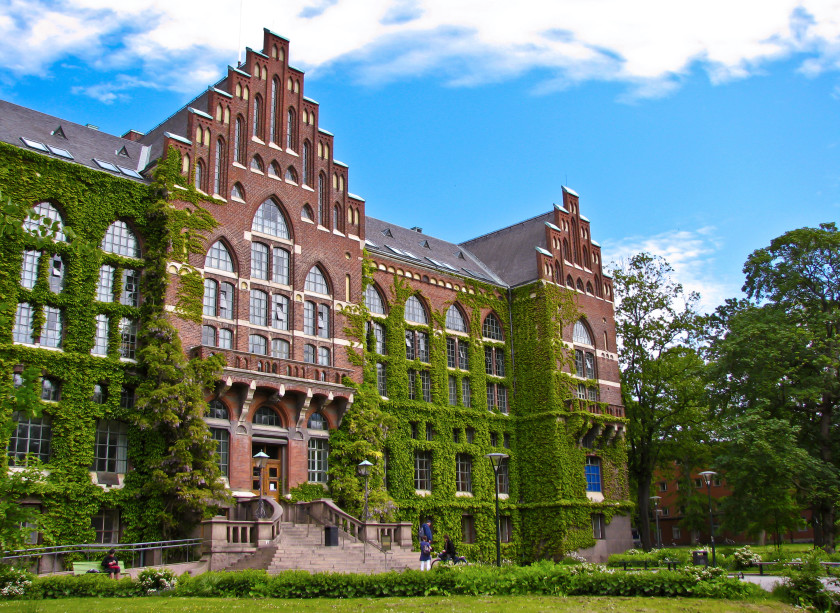Aside from having numerous world-ranked universities that for the most part offer tuition at a reasonable cost, Europe also provides a good standard of living for postgraduate students, with most countries in Europe offering various student discounts on cinema tickets, travel, shopping and restaurants.In terms of the educational benefits, many countries from Europe are home to some of the top-ranked universities worldwide. Students benefit from a highly supportive and multicultural academic environment and you can find a plethora of English-taught programmes. In some cases, you don't even have to pay tuition fees.
How is Europe?
Why This Country?
Country Description
Europe is one of the world's most exciting continents to study in. Many European countries offer excellent opportunities for living, traveling, and working. For students, Europe can be a very attractive destination, thanks to its well-deserved reputation as a hub of academic excellence. Europe is home to some of the best universities globally and has a strong community of international academicians. The Bologna Process provides a three-level system of higher education in most European countries: The first (lowest) level is a bachelor's degree, typically lasting three to four years. The second level is a master's degree, typically lasting one to two years. According to the uniRank database in 2020 there are currently 2,725 officially recognized higher-education institutions in Europe. Most full-time Bachelor's study programmes in Europe last 3 or 4 years (this will be longer if you study part-time). To do a Bachelor's degree, you usually need school qualifications – this varies, so check the entry requirements for your chosen study programme.
International Student's Educational Facilites
Study in Europe is a European Union (EU) project, which aims to- Showcase what higher education in Europe has to offer to students worldwide, Provide information about organizing and funding study and research periods abroad in Europe, Help European higher education organisations connect with potential students and partner organisations. Study in Europe provides information about study opportunities in 33 European countries. These countries fully participate in Erasmus+, the programme supporting students from EU and partner countries across the world to study in Europe.
Working Scope
Working while still pursuing an academic career is a common practice among students, who sometimes are financing their studies, supporting their families or taking on an internship to help them further strengthen their skills. European countries have some of the most favorable laws, as a student is permitted to work while still studying, depending on the type of job, hours worked, and the season. The good news is that there isn’t any restriction on how many hours an international student can work if they have fulfilled their academic obligation, such as having passing grades. In most EU countries, working while studying is totally possible. Either with a student visa or with a student work permit you will be allowed to work, generally part-time during the school year and full-time during holidays.
Safety and Security
Personal safety is an important factor when choosing a host country to study abroad. After all, you will be thousands of kilometers away from home, in a new and unknown environment. The good news first: Europe is generally a safe destination for international students. Of the world's top 20 safest countries, 13 are in Europe. And 30 European countries are in the world's top 50. Almost all countries in Europe are safer for students than the United States of America. Europe is generally considered the safest region in the world.





